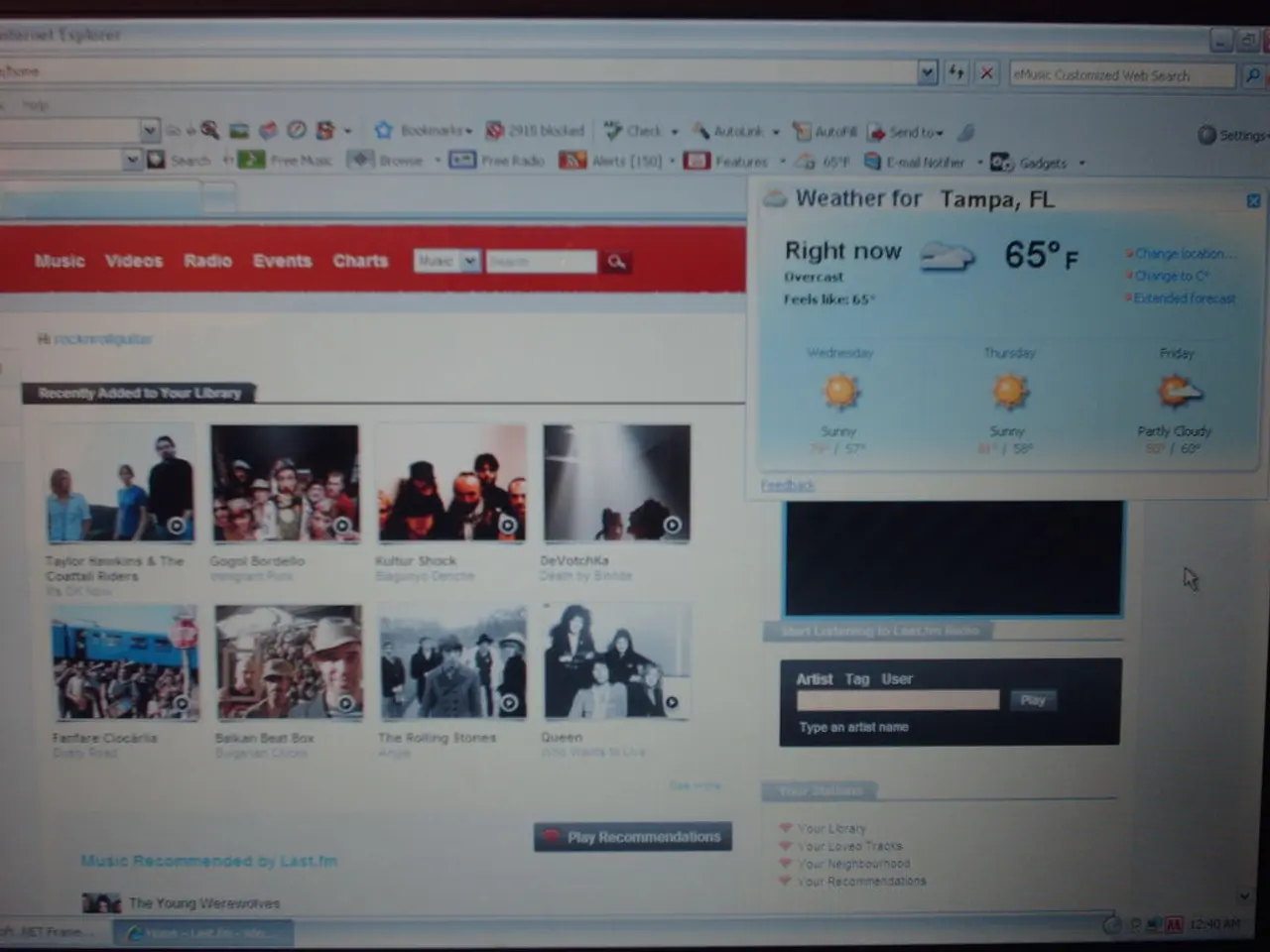VPNs: Essential Tools for Privacy and Access, Despite Challenges
Virtual Private Networks (VPNs) have surged in popularity, driven by the need for privacy, security, and unrestricted access in an increasingly digital world. While they offer numerous benefits, their use also presents challenges and legal complexities.
VPNs originated in the 1990s for corporate use, enabling secure data transmission across networks. Today, they are widely used by private individuals for various purposes. They protect users on public Wi-Fi, ensure privacy in daily life, and help bypass geo-restrictions, a practice popularized by the boom of streaming services.
However, VPNs are not without limitations. They can slow down internet speed and raise trust concerns regarding operators' practices. Moreover, they do not guarantee absolute anonymity, and using them to undermine business models, like bypassing streaming blocks, can violate terms of use and create 'gray areas'.
Revelations by whistleblower Edward Snowden in 2013 underscored the importance of VPNs for data control and digital self-determination. As work, leisure, and entertainment converge online, there's a growing desire for security and unlimited access.
In Germany, popular VPN providers with transparent no-logging policies include NordVPN, CyberGhost, and ProtonVPN. NordVPN and CyberGhost are lauded for their privacy and security features, with NordVPN's no-logs claim verified by an independent audit in 2024. ProtonVPN stands out for its strong data protection and compatibility with FRITZBox routers.
While legal in most Western countries, VPN use can pose political risks in countries like China, Russia, Iran, or the United Arab Emirates, where only state-approved VPNs are permitted.
VPNs have evolved from corporate tools to everyday essentials, offering privacy, security, and unrestricted access. Despite challenges and legal nuances, they remain a crucial means for individuals to regain control over their digital traces in an interconnected world.
Read also:
- Global Content Dissemination Through Cross-Linguistic Voiceovers
- JLR Fights Back After Cyberattack, Secures $7B in Funding, Appoints New CEO
- A2C Teams Up with Privacy4Cars to Strengthen FTC Compliance for Auto Dealers
- Mandated automobile safety technologies in the EU may be deemed "irrational," "erratic," and potentially dangerous, experts caution.







